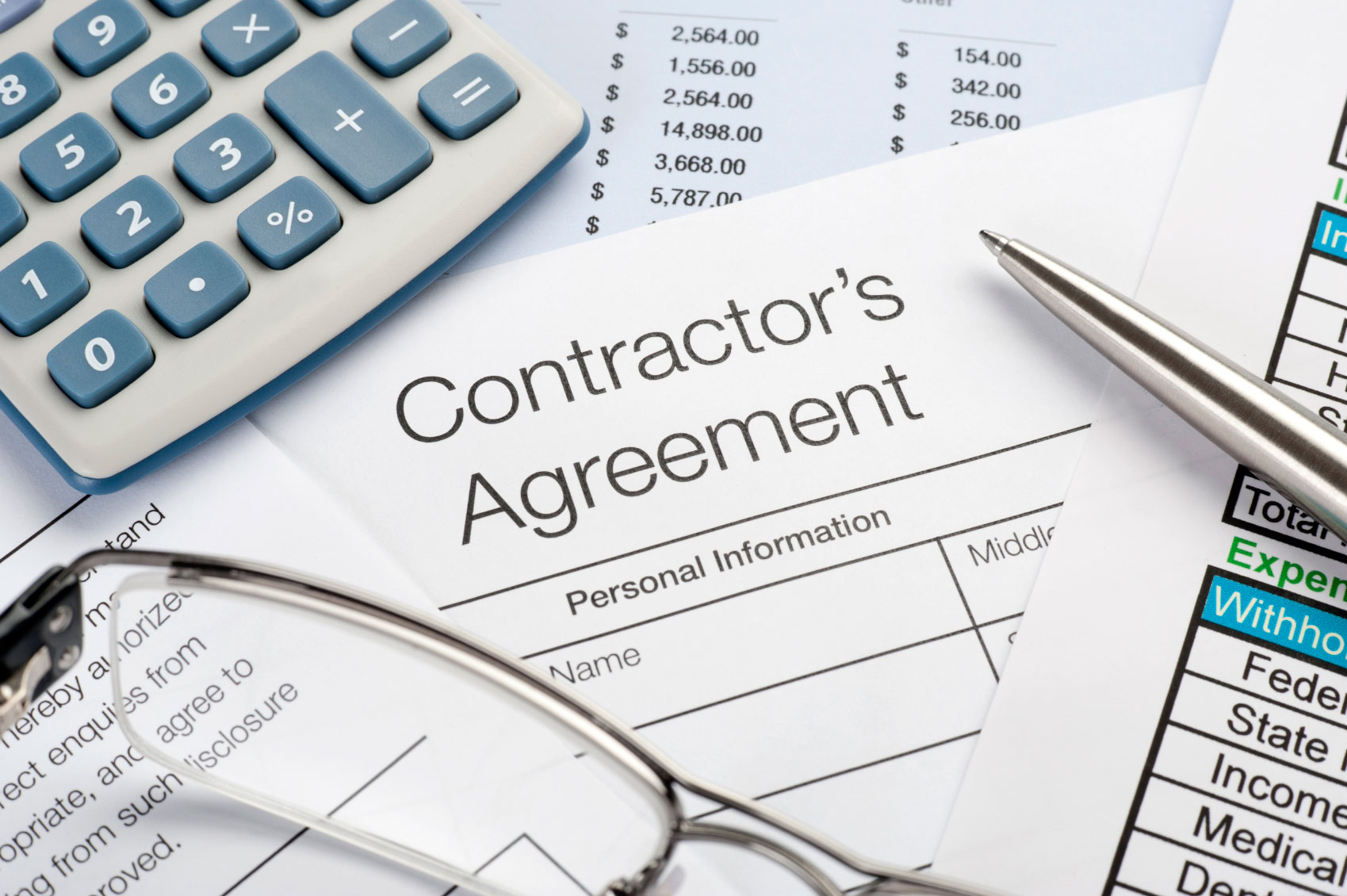In a typical collection case, under IRC § 6330(a) the IRS is legally required to provide due process before proceeding with seizures, levies, garnishments, etc. However, if you are a federal contractor, the due process rules are far less protective of your rights. Therefore, it is important to address any collection issues as soon as they arise.
Are you a Federal Contractor?
You are considered a federal contractor if you currently have a contract with the federal government to sell or lease property, goods or services.
According to IRM 5.7.9.1.1.3 a contract with the federal government is defined as “a mutually binding legal relationship obligating the contractor to furnish property, goods, or services and the Federal Agency to pay for them. Federal contractors can be partnerships, corporations, LLCs or sole proprietorships.”

However, you are only considered a federal contractor for the duration of the contract. Therefore, your collection rights are not impacted after the contract or for payments due on concurrent non-federal contracts.
Common Federal Contractors Operating as Sole Proprietors
As the government expands, its need for specialized services will continue to increase. For example, during Operation Enduring Freedom and Operation Iraqi Freedom the government needed independent security forces to augment the military. Currently, with the growing use of online services, the US Government has called on many sole proprietors / self-employed individuals to consult on various online security protocols.
Oftentimes, these individuals rely solely on the income received from the federal contract. This, combined with federal tax issues, can leave the federal contractor with no money at the end of the month.
What are the Due Process Limitations?
As mentioned above, payments due to federal contractors have been specifically identified by Congress to receive less due process protections. Therefore, the IRS is able to continuously levy (from contract payments) up to 100% of the tax balance due without providing notice beforehand.

In a normal case, the IRS is required to issue a Final Notice to the taxpayer 30-days prior to levying assets, money, etc. During the 30-day period, the taxpayer is able to file a Request for a Collection Due Process Hearing. If requested, the IRS is generally barred from levying until a final determination has been made by the IRS Office of Appeals (they handle the Collection Due Process Cases).
Accordingly, if you are a federal contractor and the government owes you for goods or services…the money owed could be taken without prior notice to satisfy any federal tax debts. In the case of individual defense contractors that rely exclusively on the income derived from the contract, this could cause a significant problem (paying rent, vendors, other personal bills, etc.). Additionally, because these levies are not subject to the wage garnishment restrictions (which would allow you to keep some of the money owed) you could be left with $0 dollars at the end of the day.
What Rights do you Have as a Federal Contractor?
Although the IRS is not required to provide you with prior notice before issuing a continuous levy…it must provide you with a notice within a reasonable amount of time after the levy. Typically, the IRS will issue the notice (giving you right to a Collection Due Process Hearing) concurrently with the levy. Therefore, it is common to have the notice in-hand once the levy occurs. Once you have the notice, you can then file for the CDP.

Despite having the ability to file the CDP (after the levy) it will not immediately release the funds. Typically, CDP hearings take 2-3 months to schedule from the date filed. This can leave you in a difficult financial situation…and with limited leverage to negotiate a collection alternative (installment agreement, offer, etc.). Therefore, it is important to deal with tax issues as soon as they arise.
The best defense strategy for many IRS collection cases is to deal with the issue as early as possible. The collection powers given to the IRS by Congress can be severe and happen quicker than you might expect. In the case of federal contractors your window of time to avoid a levy is even shorter. If you have already received a levy and cannot resolve the issue with the IRS by yourself, you should seek a professional with experience in handling enforced collection matters with the IRS.
Related Articles
